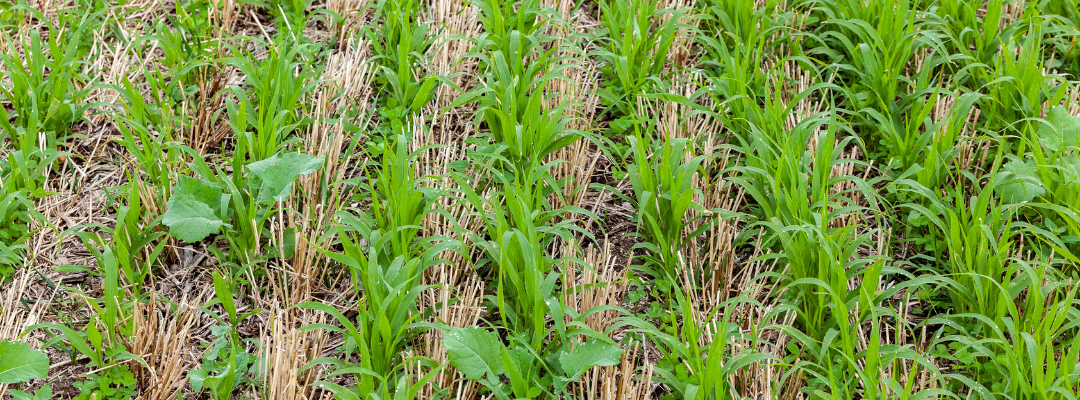Choosing the best variety of seed has always been important for producers, but in 2025 this decision will likely carry more weight. With the squeeze of lower commodity prices and higher input prices, variety selection that is best suited for each producer’s growing conditions is a factor that affects the bottom line. Time spent evaluating the numerous varietal choices this time of year will be worth the time and effort.
There are numerous sources to gather information about the varieties for an individual grower’s situation. It’s worth pointing out that there isn’t a “one size fits all” strategy to select the best variety. Utilizing more than one source is recommended but be cautious not to seek too many sources as this may add to the confusion. Here are some resources that can be utilized in making a varietal selection.
The variety selection process should start and end with your knowledge and experience with your fields and growing conditions. Good records help to provide valuable information and fill in some details that may be forgotten over the growing season. It’s important to try to match varieties to your fields. For example, low lying fields may have more fertile soil but could have wet areas, and fields on hillsides may not have the yield potential of other fields.
Other sources of information for variety selection are neighbors that have similar growing conditions, seed company representatives, and farm supply stores. Keep in mind that some of these resources may focus heavily on the products they represent or profit from and, therefore, could be biased in their recommendations. Developing productive relationships with all of these individuals can lead to better and more confident variety decisions.
The most important source of information is from the variety testing programs at land grant university systems. Most land grant university research and extension programs have variety testing trials that provide unbiased results. These variety tests are usually in strategic locations across the state to provide growing conditions that are similar to growers in the area. While not all growing conditions can be represented in official trials, they could provide valuable information. Check with your state’s land grant research/extension programs to find out about variety trial information in your area.
There are two kinds of trials that universities may be involved with, as seen in Figure 1 Variety Tests.
| Figure 1. Variety Tests* | Official Variety Trial (OVT) Small Plots | On-Farm |
| Conducted by: | OVT Program | Extension |
| Located | Research Stations | Grower Fields and Research Stations |
| Plot Size | Small | Large |
| # of Varieties | More (up to 50+) | Fewer (less than 15) |
| Types | Released & Experimental | Mostly Released |
| Replication | Always | Not always |
| Statistical Analysis | Always | Not always |
| Equipment | Research | Commercial |
There are advantages and disadvantages to both the Official Variety Trial (OVT) Small Plots and On-Farm trials. The replication and statistical analysis, along with more experimental varieties, are advantages of the OVT Small Plots. The On-Farm plots are larger and managed on a scale closer to commercial production practices. It’s also important to consider multiple years of results and not base the decision on one year’s performance. Also, look at as many details of the trial as possible. What were the fertility levels of the plot, and how much fertilizer was applied? What other pesticides were used and at what rate? What were the growing conditions? Were the climatic conditions stressful, if so, how did that affect yields?
In summary, variety selection is crucial as we are looking at an economically challenging growing season in 2025. Match the varieties to your growing conditions as best as possible. Time and effort spent now in selecting varieties for your farm is one of the best investments that a producer can make.
Resources:
*Figure 1. Adopted from OVT Small Plots vs On-Farm FAQ https://aaes.auburn.edu/variety-tests/ovt-frequently-asked-questions/
Auburn University Official Variety Testing – https://aaes.auburn.edu/variety-tests/
Runge, Max. “Variety Selection Resources.“ Southern Ag Today 5(4.1). January 20, 2025. Permalink

